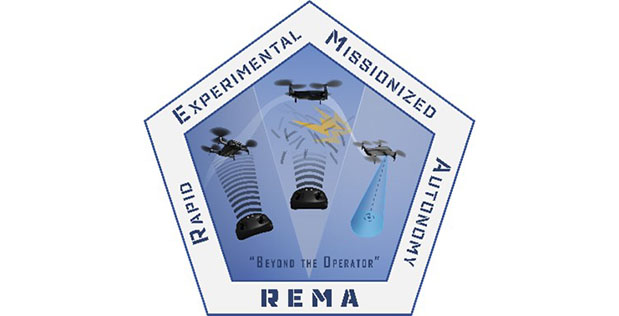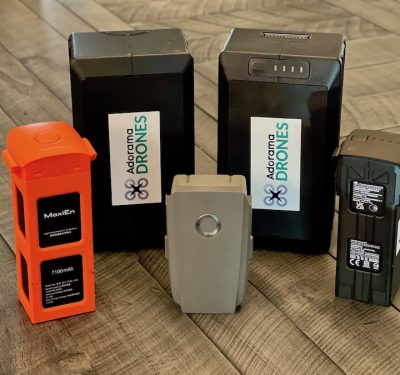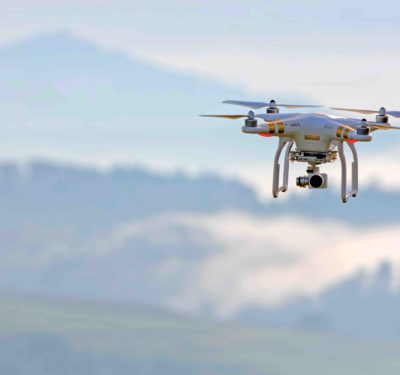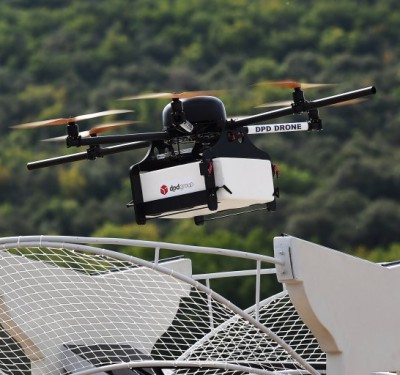
The Defense Advanced Research Projects Agency (DARPA) has awarded contracts to several leading technology firms as part of its Rapid Experimental Missionized Autonomy (REMA) program. This initiative aims to equip commercial drones with autonomous capabilities, allowing them to continue predefined missions even when communication with the operator is disrupted. The REMA program, which rapidly progressed from announcement to contract awards in just 70 business days, seeks to outpace adversarial countermeasures through continuous updates of drone autonomy capabilities.
To achieve these objectives, DARPA has divided the REMA program into two key technical areas: the development of a drone-autonomy adapter interface and the creation of mission-specific autonomy software. The program’s innovative approach involves creating an “autonomy adapter” that is compatible across a wide range of commercial drones, irrespective of the manufacturer, and developing easily updatable autonomy software tailored to specific missions.
Contracts for the drone-autonomy adapter interface have been awarded to Anduril and RTX, two companies known for their contributions to defense technology. Meanwhile, the mission-specific autonomy software development has been entrusted to Leidos, Northrop Grumman, and SoarTech, all of which boast extensive experience in creating sophisticated defense solutions.
Dr. Lael Rudd, REMA’s program manager, emphasized the collaborative effort among the contracted companies, which are working together to create common solutions for the program’s goals. “The REMA program is focused on creating autonomous solutions that enhance the effectiveness of stock commercial and small military drones on the battlefield,” Rudd said. This collaborative effort aims to develop an autonomy adapter that allows for easy mission updates, providing drone operators with a significant advantage in rapidly evolving combat scenarios.
The REMA program’s first development cycle, known as the “spiral challenge,” began in December 2023 with the aim of developing platforms featuring agnostic autonomy features. The participating companies are expected to demonstrate a fully operational solution to this initial challenge by March 2024.
By awarding these contracts, DARPA is leveraging the expertise of industry leaders to accelerate the development and deployment of advanced autonomous drone technologies. The REMA program underscores DARPA’s commitment to enhancing the United States’ military capabilities through technological innovation.






